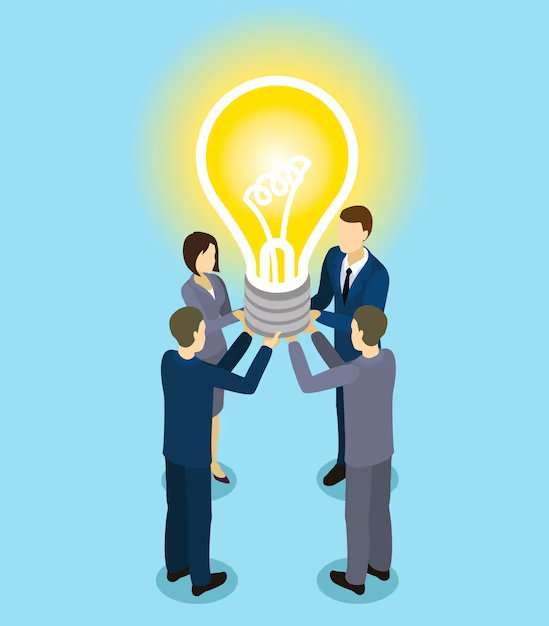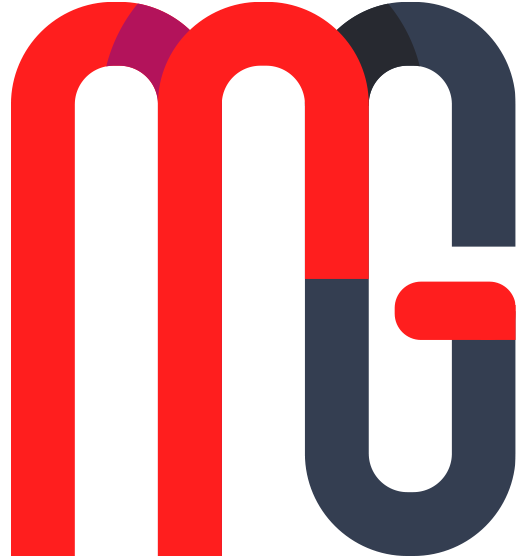What is Hard Skills ?

August 03, 2023
What is Hard Skills ?
Hard skills are specific, tangible, and measurable abilities or technical expertise that are typically acquired through formal education, training programs, certifications, or hands-on experience. These skills are often associated with a particular field or industry and are essential for performing specific tasks or job functions effectively. Unlike soft skills, hard skills are easily quantifiable and can be objectively tested or demonstrated.
Examples of hard skills include:
Computer Programming:
Proficiency in programming languages like Python, Java, C++, or specific frameworks and technologies.
Engineering:
Expertise in various engineering disciplines like civil engineering, mechanical engineering, electrical engineering, etc.
Data Analysis:
Skills in using tools like Excel, SQL, R, or Python for data manipulation, visualization, and statistical analysis.
Graphic Design:
Knowledge of software such as Adobe Photoshop, Illustrator, or InDesign for creating visual designs and illustrations.
Accounting and Finance:
Competency in financial analysis, budgeting, bookkeeping, or working with accounting software like QuickBooks.
Medical Procedures:
Technical skills required for performing medical procedures, such as surgical techniques or radiology.
Web Development:
Skills in HTML, CSS, JavaScript, and other programming languages for building websites and web applications.
Project Management:
Competence in planning, organizing, and overseeing projects from initiation to completion.
What is Soft Skills ?
Soft skills, also known as interpersonal skills or people skills, are a set of non-technical abilities that relate to how individuals interact with others and navigate various social and professional situations. Unlike hard skills, which are specific and measurable, soft skills are more intangible and harder to quantify. They play a critical role in personal and professional success, as they impact how well individuals work with others, communicate, solve problems, and handle different challenges effectively.
Examples of soft skills include:
Communication:
The ability to convey information clearly and effectively through verbal, nonverbal, and written means. It involves active listening, empathy, and being able to articulate ideas coherently.
Teamwork:
Collaboration with others to achieve common goals, recognizing and respecting the contributions of team members, and effectively working together to overcome obstacles.
Leadership:
The capacity to inspire, motivate, and guide others toward a shared vision. Effective leaders can delegate tasks, provide constructive feedback, and make decisions that benefit the team or organization.
Problem-Solving:
The skill to identify, analyze, and find solutions to complex problems and challenges, often involving critical thinking and creativity.
Adaptability:
The ability to be flexible and open to change, adjusting to new situations, and coping with uncertainty and unexpected events.
Time Management:
Efficiently organizing and prioritizing tasks, meeting deadlines, and making the most of available time.
Emotional Intelligence:
Understanding and managing one's own emotions and being empathetic and sensitive to the emotions of others. Emotional intelligence helps in building strong interpersonal relationships.
Conflict Resolution:
The skill to address and resolve conflicts or disagreements constructively, aiming for mutually beneficial outcomes.
Decision-Making:
The capacity to make sound judgments and choices based on available information and critical analysis.
Networking:
Building and maintaining professional relationships to exchange information, support, and opportunities.




